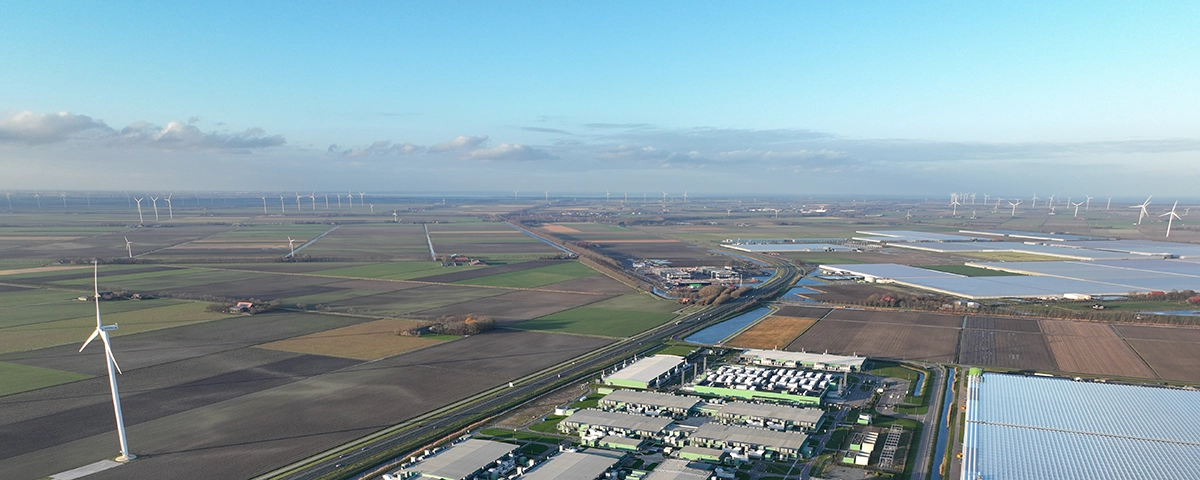Climate change is probably the greatest crisis faced by our planet since the dawn of man. Whilst the general population is happily taking advantage of every ground-breaking technology, what many don’t understand is that every click, save and upload we make plays a part in this ticking time bomb.
How tech’s energy needs are spiralling
Some scary figures released by French think-tank, The Shift Project, states that the current CO2 emissions generated by data servers are greater than air travel at pre-pandemic levels. Another comparison is that the yearly electricity consumption of the largest global tech companies (Google, Facebook, Apple, Microsoft and Amazon) is around the same as the total that New Zealand uses in the same timeframe.
If that’s not frightening enough, the same report suggests that this tech carbon footprint is rising at around 6% per year. Add in the increased demand for cloud computing – much of which is driven by the global need to work from home, thanks to COVID, plus our penchant for instant streaming, increased reliability on everywhere connection and a growing reliance on smart devices (and we haven’t even mentioned the imminent 5G data requirements).
Big Tech has a huge responsibility to clean up their act. Many data centres are still powered by fossil fuel. In addition, while the big 5 have made various net-zero pledges, much of this is through buying carbon credits and the purchase of clean energy. This is, of course, to be lauded. But unless they also reduce the amount of dirty energy they produce themselves, this doesn’t have a direct impact on climate change.
The pressure is on for Big Tech to act
As we all become more aware of the crisis on our doorstep, public opinion is piling on the pressure for changes to take place. Behemoth, Google, appears to be taking the lead, having made a renewable energy pledge to match its energy use with renewables on an hourly basis by 2030.
While Google’s carbon footprint can in no way be considered good for the planet, when compared to other companies they measure up favourably. According to the environmental lobby group, Greenpeace, the 2020 carbon emissions figures measure as:
- Google: 1.5m tonnes
- Microsoft: 16m tonnes
- Amazon: 44m tonnes
This makes for pretty sobering reading. So, what are they doing about it?
- Google: Has pledged to power all of its data centre and campuses with carbon-free energy by 2030. This means utilising wind, solar and hydropower 24/7 – a monumental task but one that, if they manage it, is likely to have a knock-on effect to all public utilities and companies globally.
- Microsoft: Is hedging its bets somewhat, having vowed to be carbon negative by 2030, without being more specific.
- Amazon: Has a more muted approach, saying it’s aiming to reach net zero by 2040. This will be done by the purchase of more clean energy, electric vehicles and buying carbon credits to compensate for the rest of their emissions.
The problem with this latter approach is that many offset credits, such as renewable energy certificates, don’t have a dramatic real-world effect. That’s because the cost of these RECs isn’t high enough to generate new renewable supplies.
Despite much noise, a 2020 BP report says that only 5% of global power use comes through renewable energy. Companies, such as the large Big Tech concerns, must commit more to the research into green power, such as hydrogen and geothermal. They also need to act for other energy efficient operations, such as moving data centre centres to cooler locations that require less cooling.
We should also consider that this tech energy need is powered by all of us. By reducing our use of cloud services we could each make our own small impact. Something that, to be realistic, won’t be happening any time soon…
It does appear that the majority of the responsibility falls upon Big Tech to make inroads into reducing burgeoning carbon emissions. However, smaller companies can also have an impact, perhaps switching from external cloud servers or company data rooms to more energy efficient micro-data centres. Not only are these cheaper and more efficient, but they use dramatically less energy and, therefore, have less carbon emissions.
Find out how much money you could save with one of our micro data centres compared to a server room.






